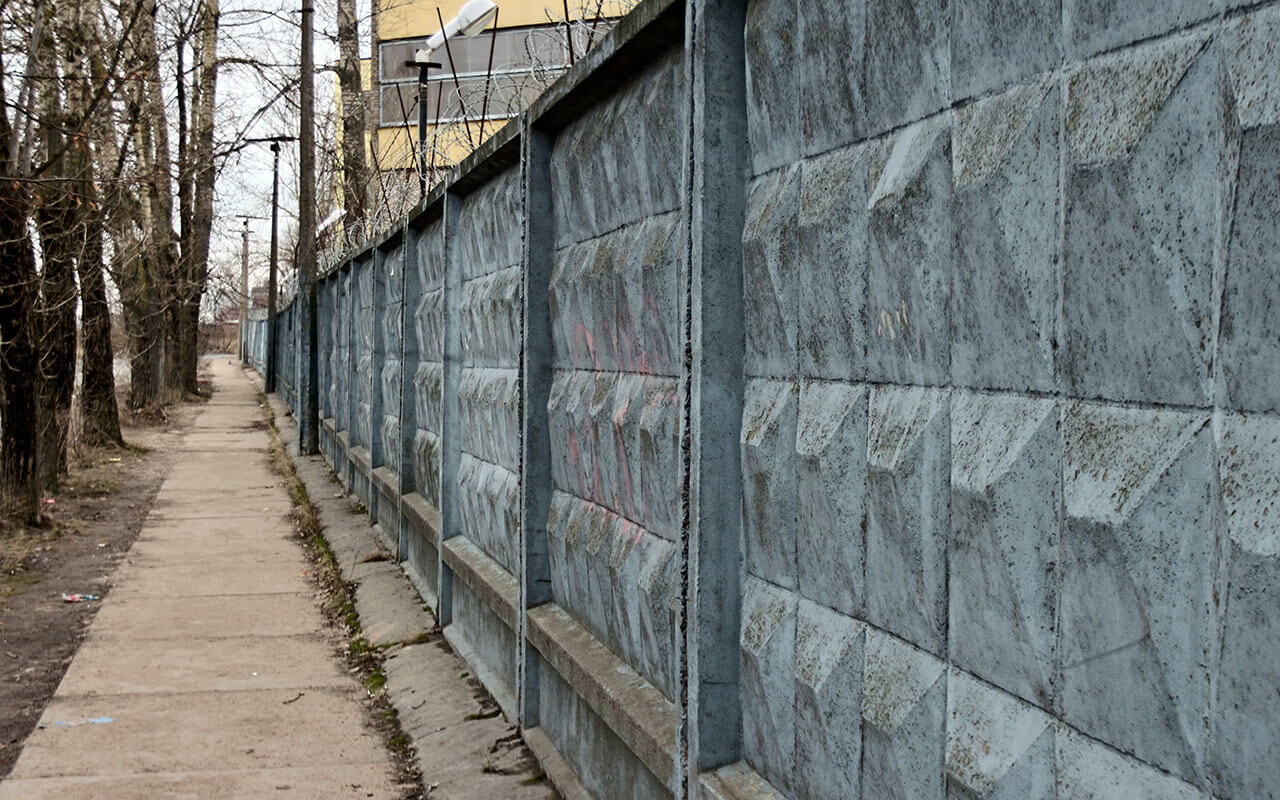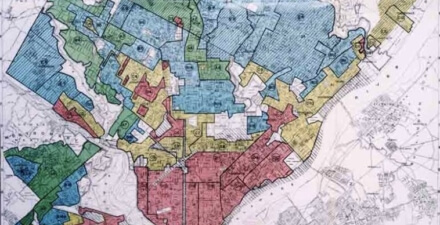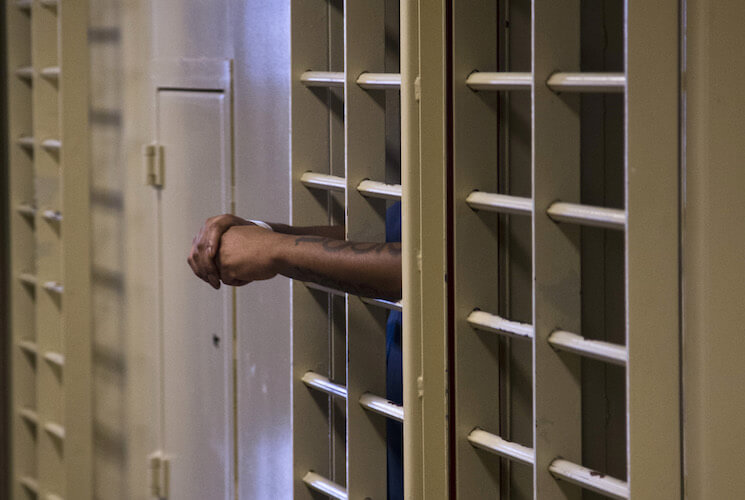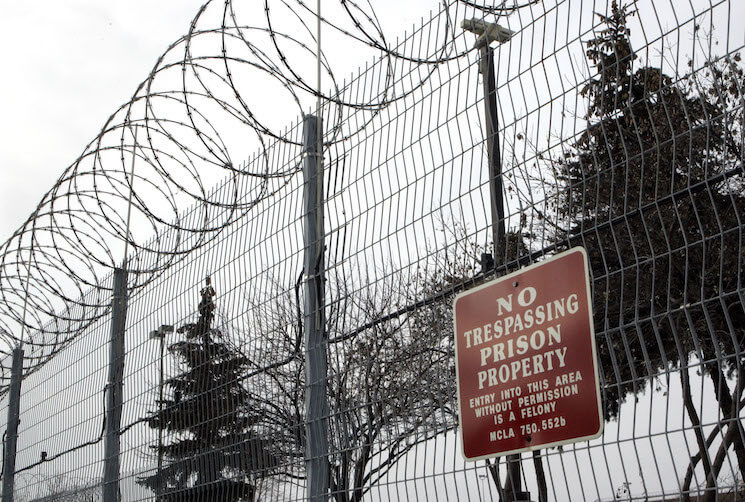The never-ending cycle: Incarceration, credit scores, and wealth accumulation in the United States

There are many events in people’s lives that can suddenly change the course of their future. Being incarcerated, or having a history of incarceration, is one significant event that research shows can mark a person’s life adversely. Black Americans, in particular, are starkly overrepresented among the numbers of persons filling the nation’s prisons in a country with the highest incarceration rate on the planet. Persistent structural racism in law enforcement and the judicial system have targeted black males and created a system best described as one of injustice rather than justice. Because of this, black Americans are more likely to be currently subjected to incarceration, have a history of imprisonment, or have family members who have been incarcerated.
The three of us, in a new working paper, present the first evidence detailing the relationship between an individual’s FICO credit scores, wealth accumulation, race, and incarceration history. Using a sample from Baltimore of white and black individuals with and without a history of incarceration and their FICO score information, our report shows that having a personal incarceration history not only is associated with lower FICO scores but also with lower wealth accumulation.
To conduct this analysis, we surveyed individuals about their backgrounds and family histories and obtained their officially reported FICO scores. Given the stigma connected to incarceration history and the obscurity of the calculation of credit scores, the intersection of these components represents a challenge for researchers who want to evaluate the way that the accumulation of assets, debts, and net wealth connects to the most conventionally used indicator of financial health: credit scores. These challenges are reflected in the number of participants who responded to the survey: 51 people responded, including five respondents without a credit history.
After accounting for response bias, and keeping in mind the number of participants, there appears to be a strong relationship between credit scores, race, and incarceration history. Specifically:
- Low FICO scores are connected to individuals in households with incarceration history, with blacks having the most considerable difference compared against whites with no incarceration history (more than 200 points difference).
- FICO scores seem to be segmented by group, with white individuals without incarceration history concentrated at the top of the distribution and black individuals with an incarceration history concentrated at the bottom of this distribution. Blacks without incarceration history were spread across the distribution but with a lower representation at the top.
- Black individuals with tangible assets such as cars and houses and individuals who have ever been incarcerated regardless of their racial background who also have such tangible assets remarkably do not display any significant improvement of their FICO credit scores.
Although the goal of the report is to identify the relationship between incarceration and wealth accumulation by including an “observable” measure such as FICO scores, the report also uncovers a telling story of discrimination. Never-incarcerated blacks, despite having more assets and less debt, have average FICO credit scores that are similar to whites who have ever been incarcerated. The difference in FICO scores is 77 points on average, or slightly less than half the difference between never-incarcerated blacks and and ever-incarcerated whites (170 points).
This report is a groundbreaking study in the arena of racial differences in wealth accumulation and to the relationship with a traditional measure—FICO scores—used to determine eligibility for access to financial instruments and resources. Two critical criteria are addressed in this study: incarceration history and credit scores. More research needs to be undertaken to move from simple associations to the causal mechanisms that produce a repeating cycle of distress for incarcerated Americans, and black Americans in particular.
—William Darity Jr. is the Samuel DuBois Cook Professor of Public Policy, African and African American Studies, and Economics, and the director of the Samuel DuBois Cook Center on Social Equity at Duke University, as well as a member of the Washington Center for Equitable Growth’s Research Advisory Board. Sarah Gaither is an assistant professor of psychology and neuroscience and a faculty affiliate with the Samuel DuBois Cook Center on Social Equity and the Center on Health and Society at Duke University. Mónica García-Pérez is a professor of economics at St. Cloud State University, the director of the SCSU Faculty Research Group of Immigrants in Minnesota, and the president of the American Society of Hispanic Economists.







